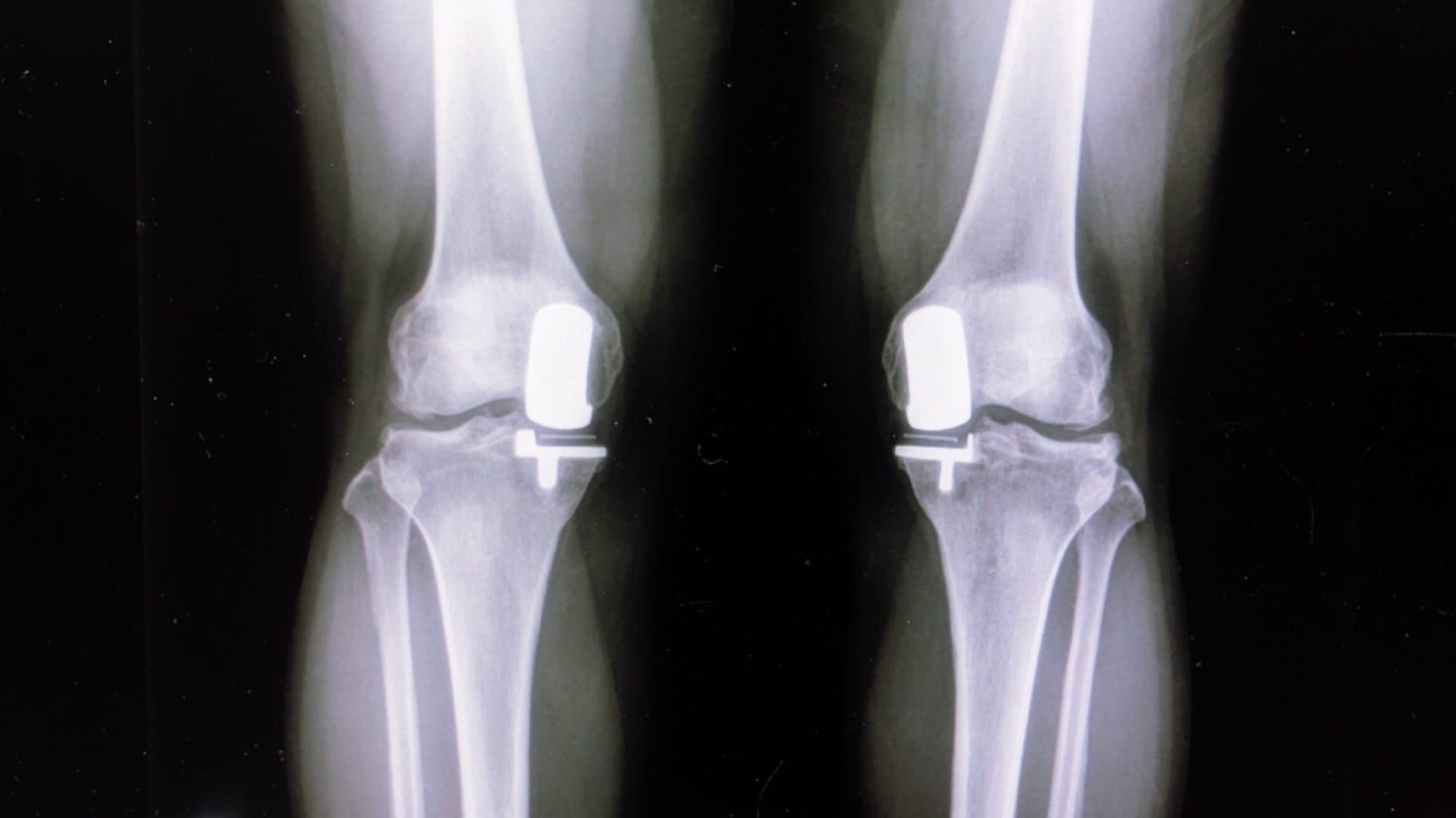
Cartilage is the tough material between your joints’ surfaces that helps to cushion them from impacts, prevents friction, and helps the joints bend and flex like they are supposed to. Damage to the cartilage can lead to damage and pain in the adjacent bones and can cause nearly continuous discomfort in the affected joint. There are 360 joints in the body, so there are plenty of opportunities to hurt or injure one in a way that can seriously impact your ability to pursue your daily activities and hobbies.
The knees are extremely important joints, and when the cartilage in one or both of the knees is damaged they can have a significant and wide-ranging detriment to the sufferer’s life. The knees make it possible to walk, go up and down stairs, run, bike, jump, and play sports, among many other things. When you are suffering mobility issues or chronic pain in your knees, it may be time to talk to a doctor about possible treatment options.
At first, a doctor will usually attempt to alleviate the pain through conservative approaches like a combination of bracing, medication, and physical therapy, but if the cartilage is damaged then these approaches may not provide lasting relief. At this point, surgery may be the most realistic option for a successful outcome. When damaged cartilage is at the core of the issue, there may be an option to repair the cartilage with arthroscopic surgery, a minimally invasive procedure that offers a shorter recovery time and fewer risks than traditional invasive surgeries. CarAccidentAttorney.com is an attorney and medical referral service that can connect you with an experienced and certified professional in your area.
Common Causes of Knee Cartilage Damage
The following are just a few of the many different causes or conditions that can lead to deteriorated or damaged cartilage in the knees.
Arthritis
Arthritis is one of the leading causes of damage to knee cartilage, as well as the rest of the joints in the body. Arthritis comes in many forms, but each causes cartilage to wear down and can lead to excruciating joint pain.
Age
Both age and genetics can play a role in the deterioration of cartilage over time. After many years of wear and tear, it may come as no surprise for someone to discover that their joints are no longer functioning as they did when they were younger.
Injuries
Traumatic impacts, torsion injuries, and a variety of other injuries can all cause the cartilage in the knees to get torn. Once the cartilage tears, continuous use will continue to deteriorate the thick substance and lead to pain in the joints.
Possible Orthopedic Surgeries for Knee Cartilage Damage
Microfractures
With this technique, a surgeon will create tiny fractures in the bone to promote the growth of new cartilage. When the damage to the cartilage is not too severe, this is a great option.
Meniscus Repair
When the layers of cartilage between the shin and thigh, known as menisci, are damaged, they may need to be trimmed or replaced to provide more stability and fluid motion to the knee.
Total Joint Replacement
In some instances, the damage to the cartilage is so serious that less-invasive procedures may not be enough. In this case, a total knee replacement may be the most effective solution.